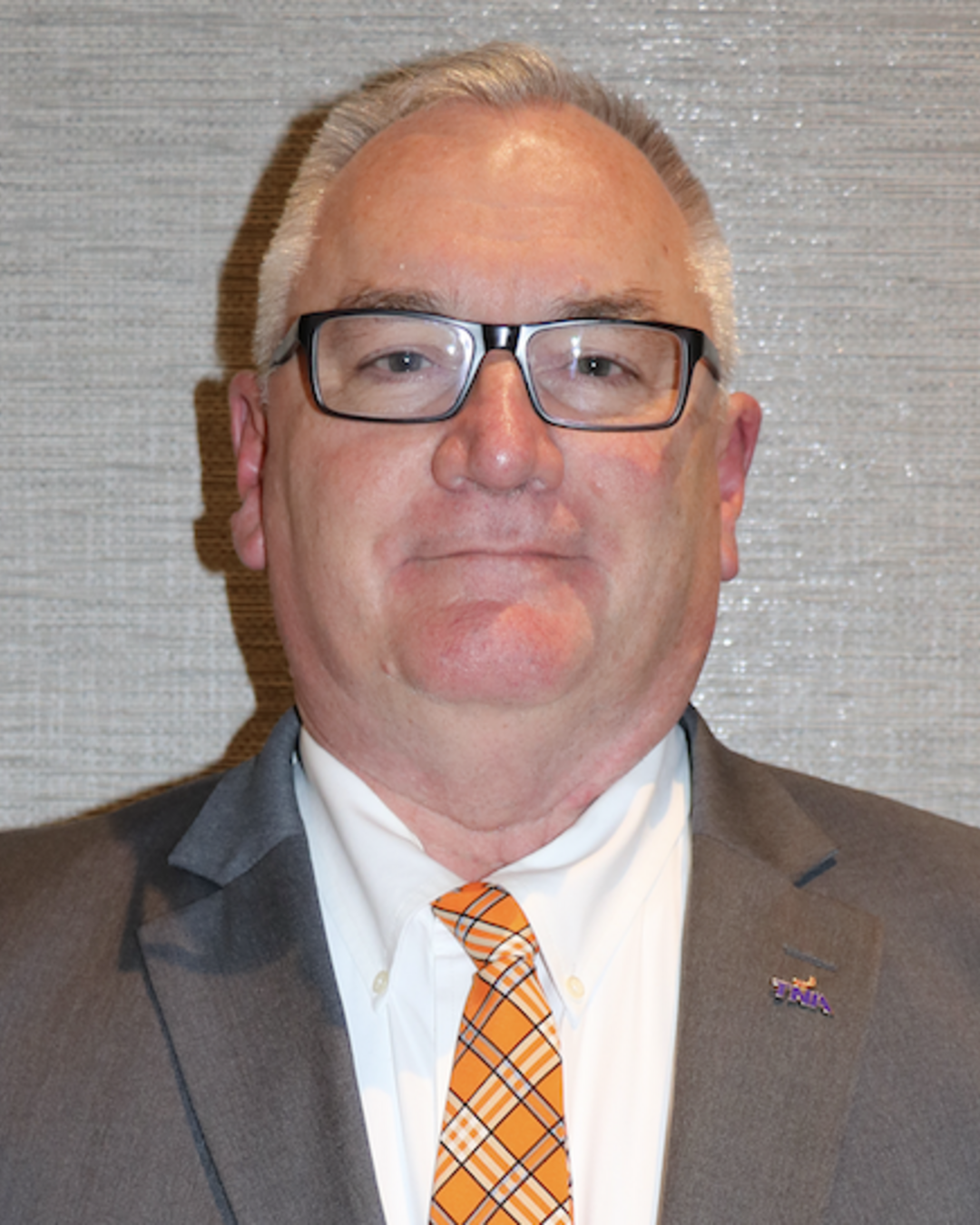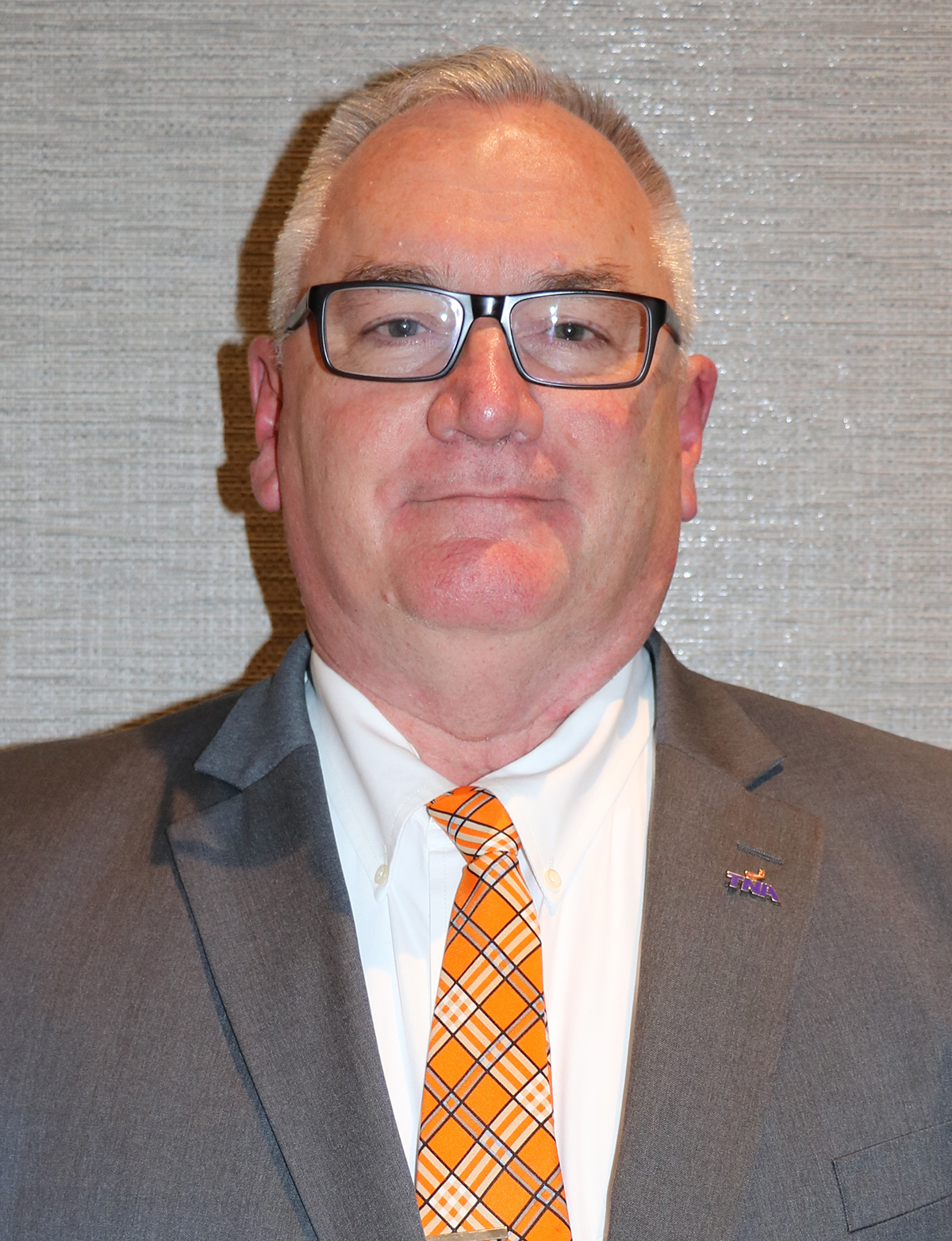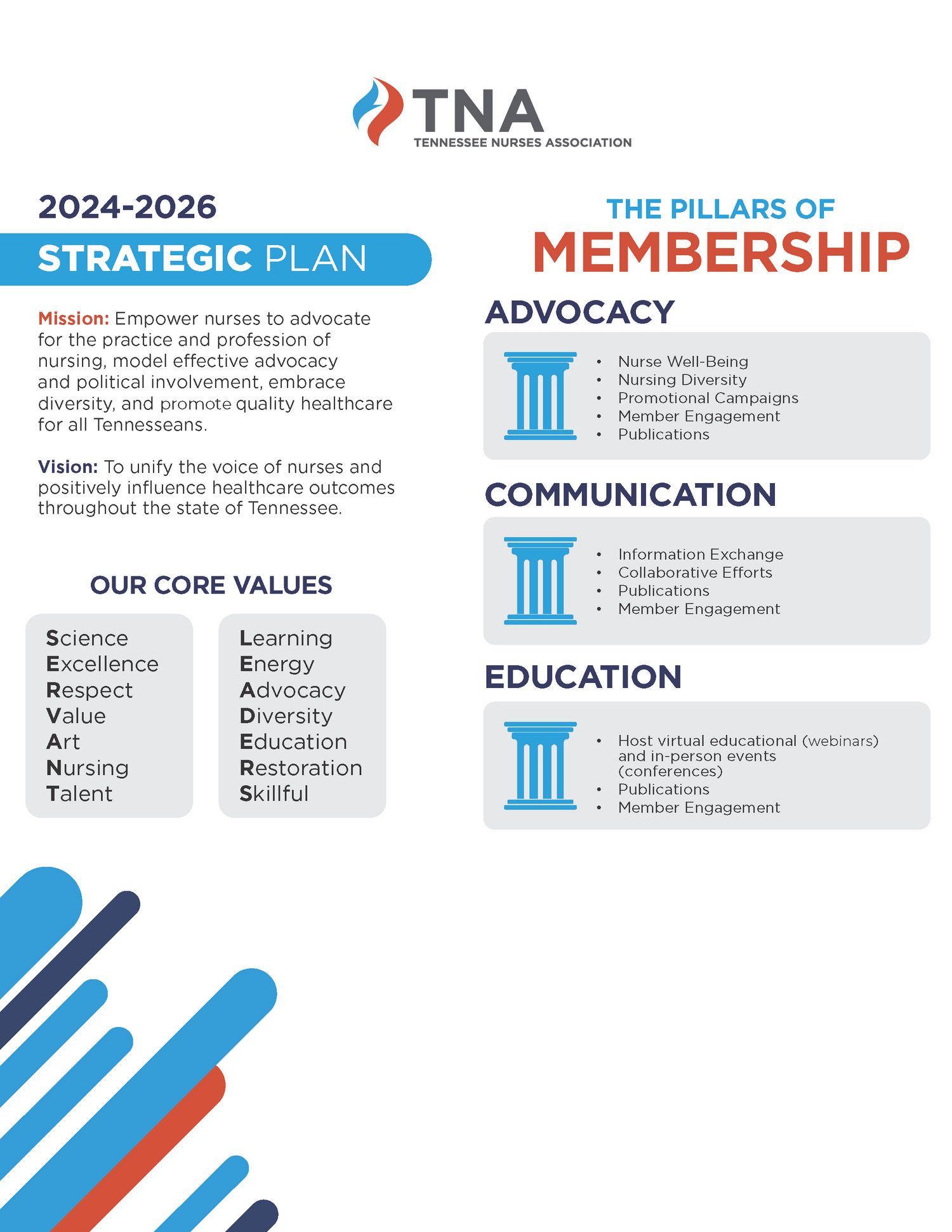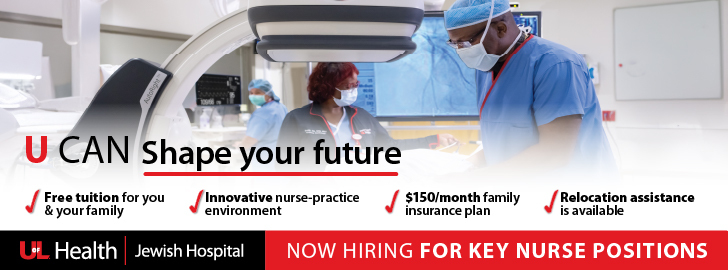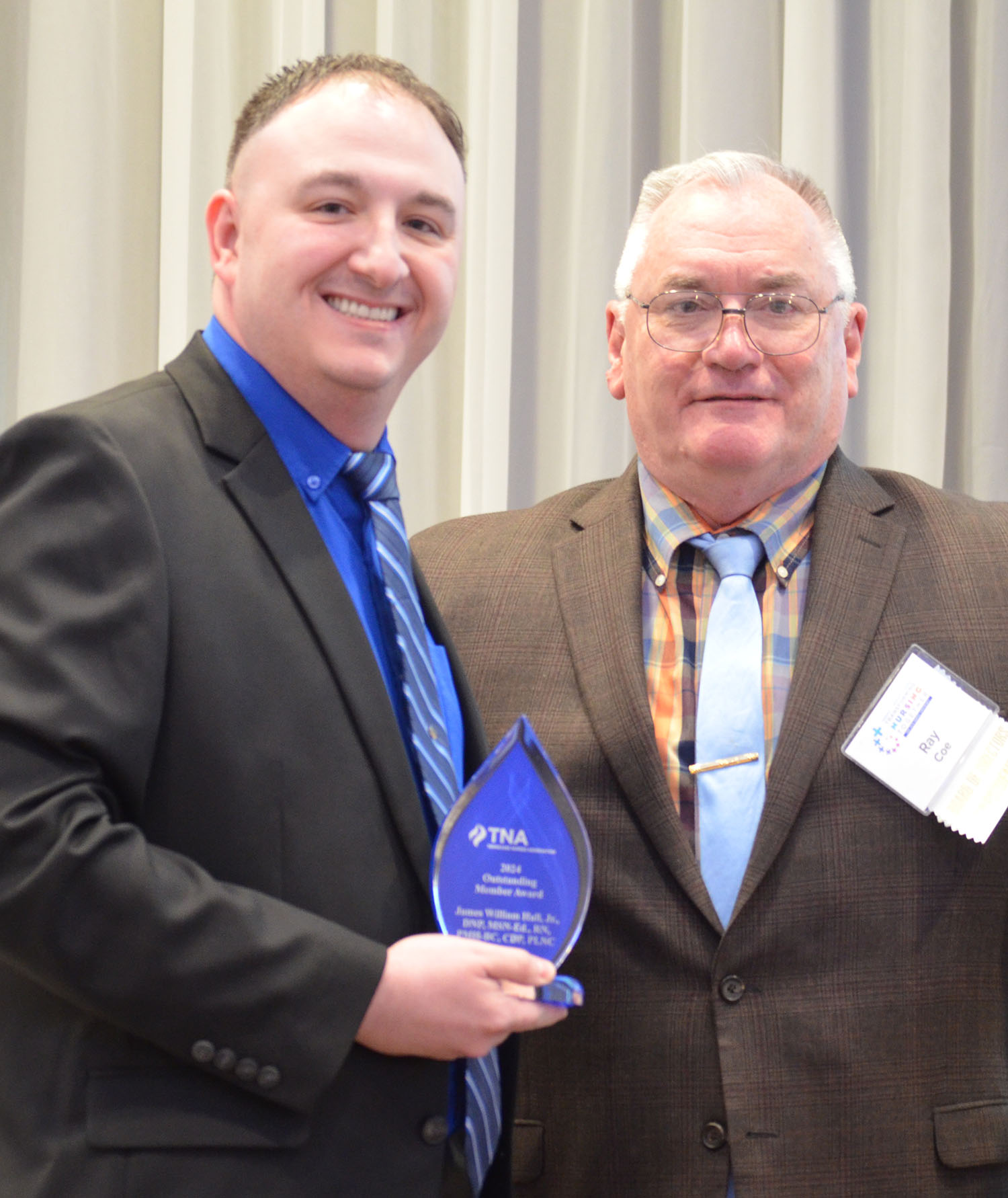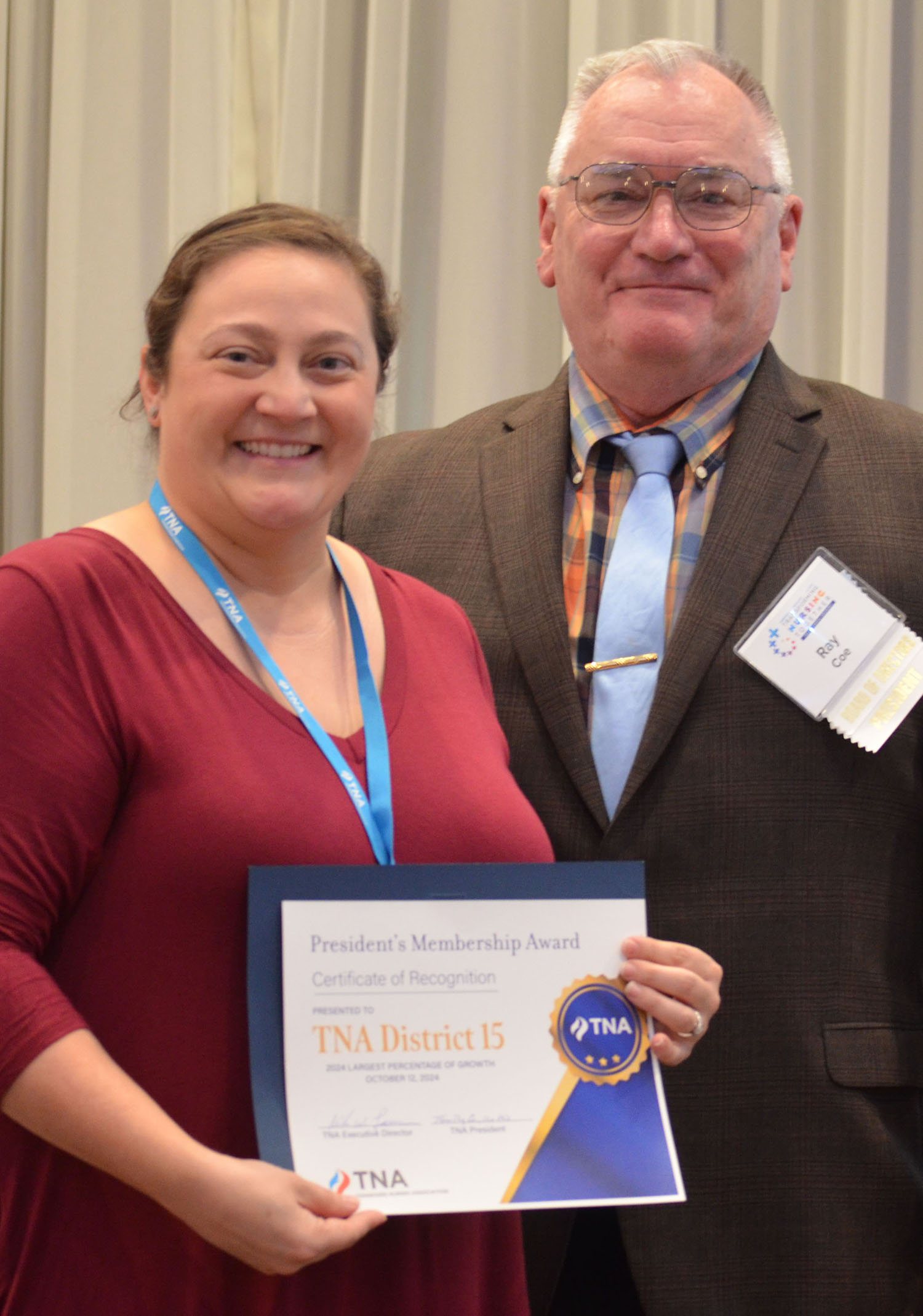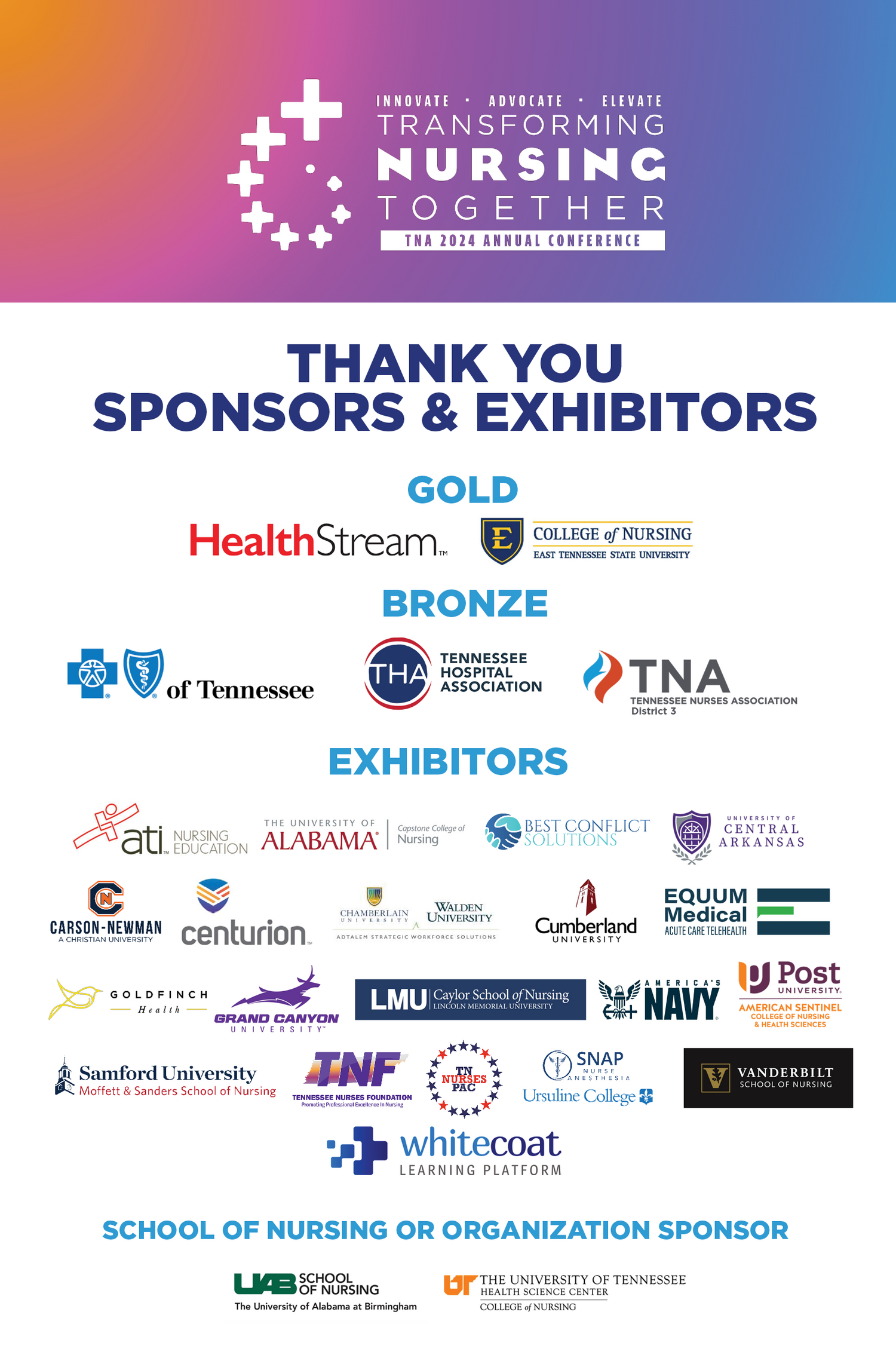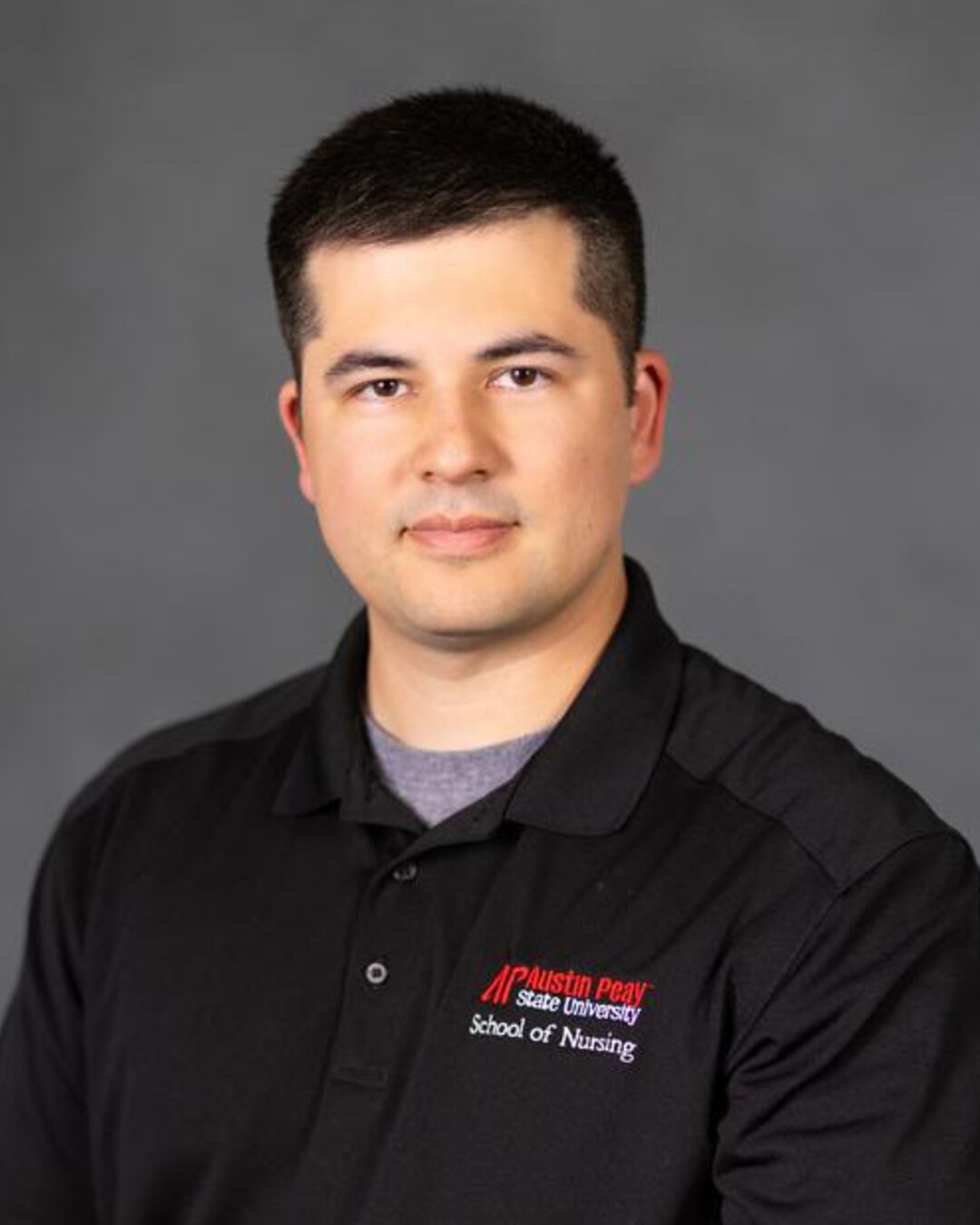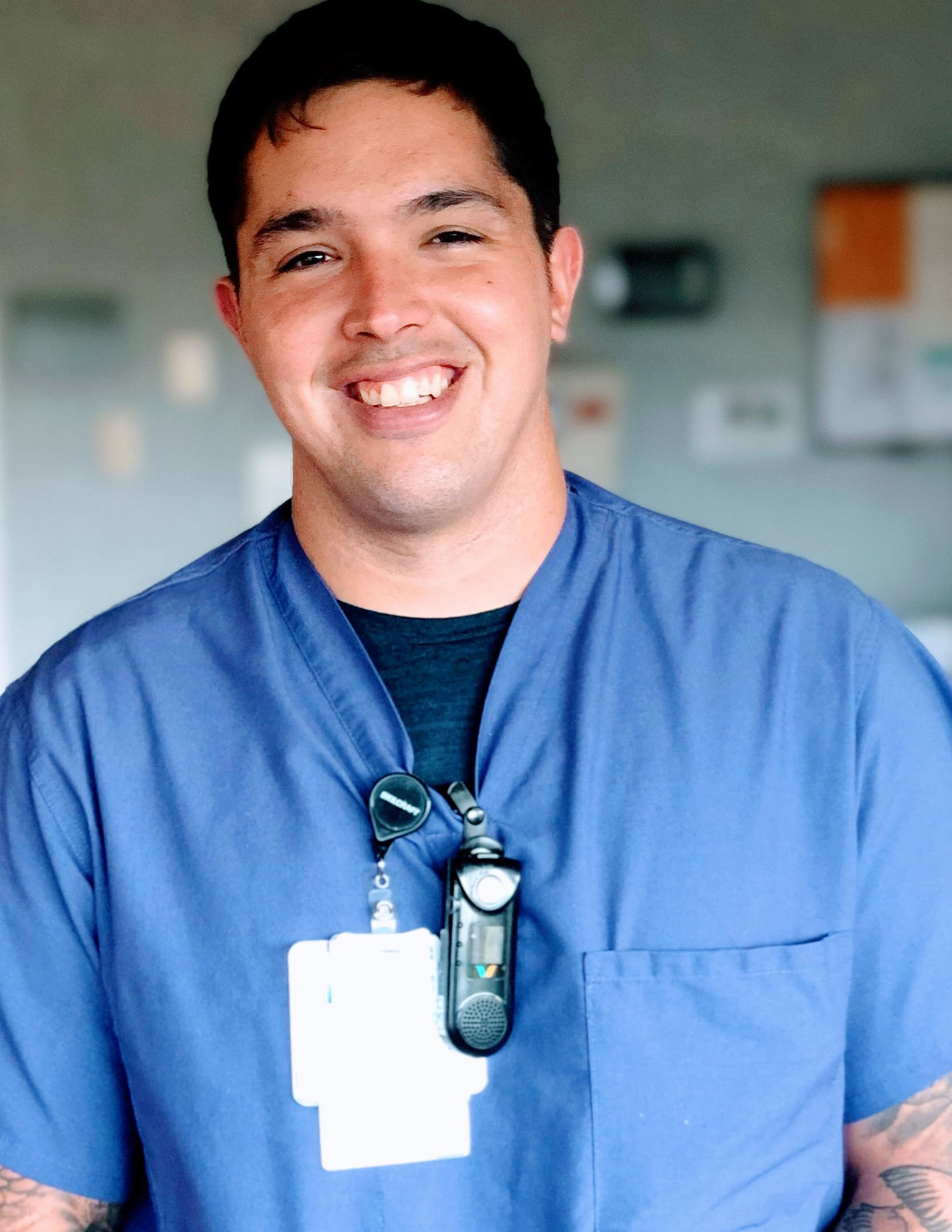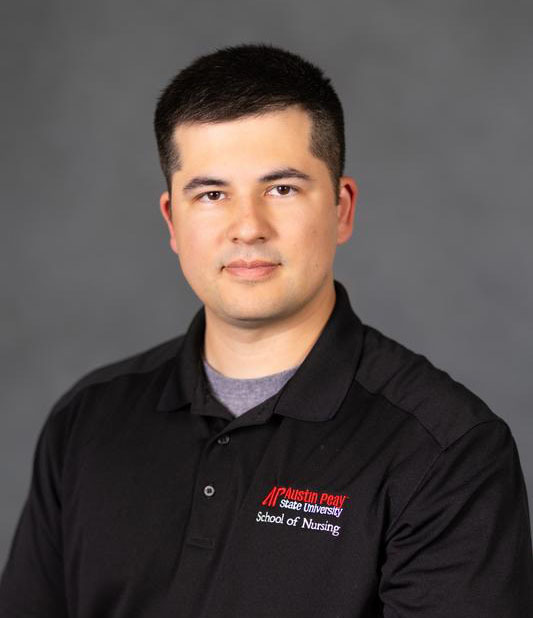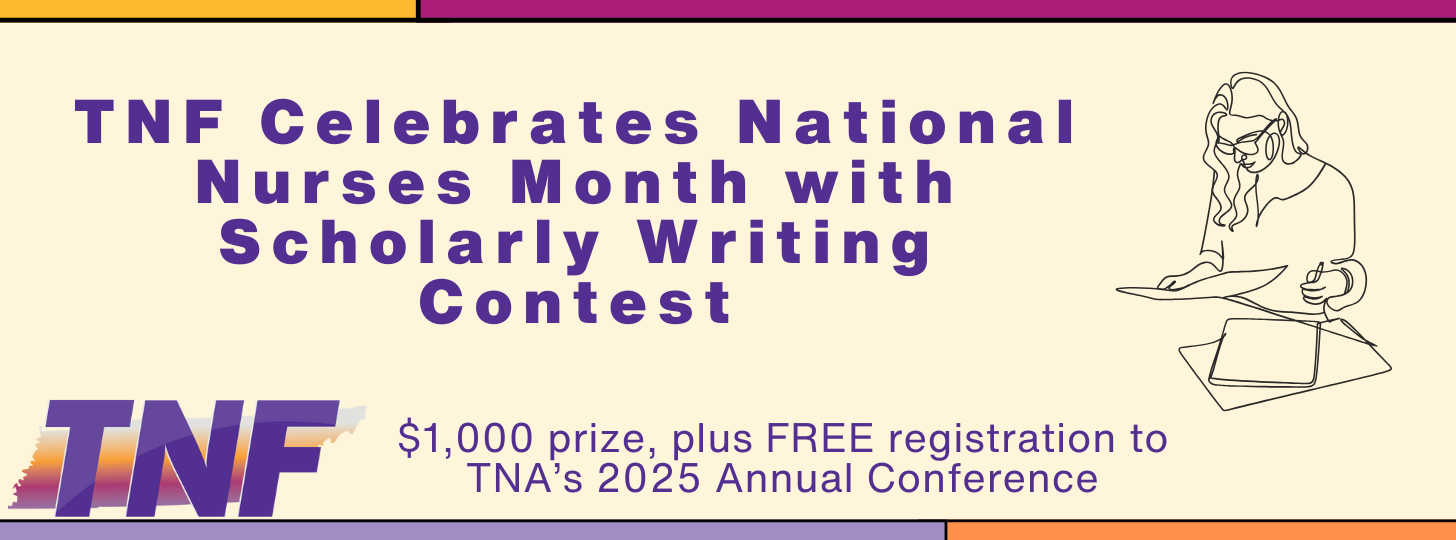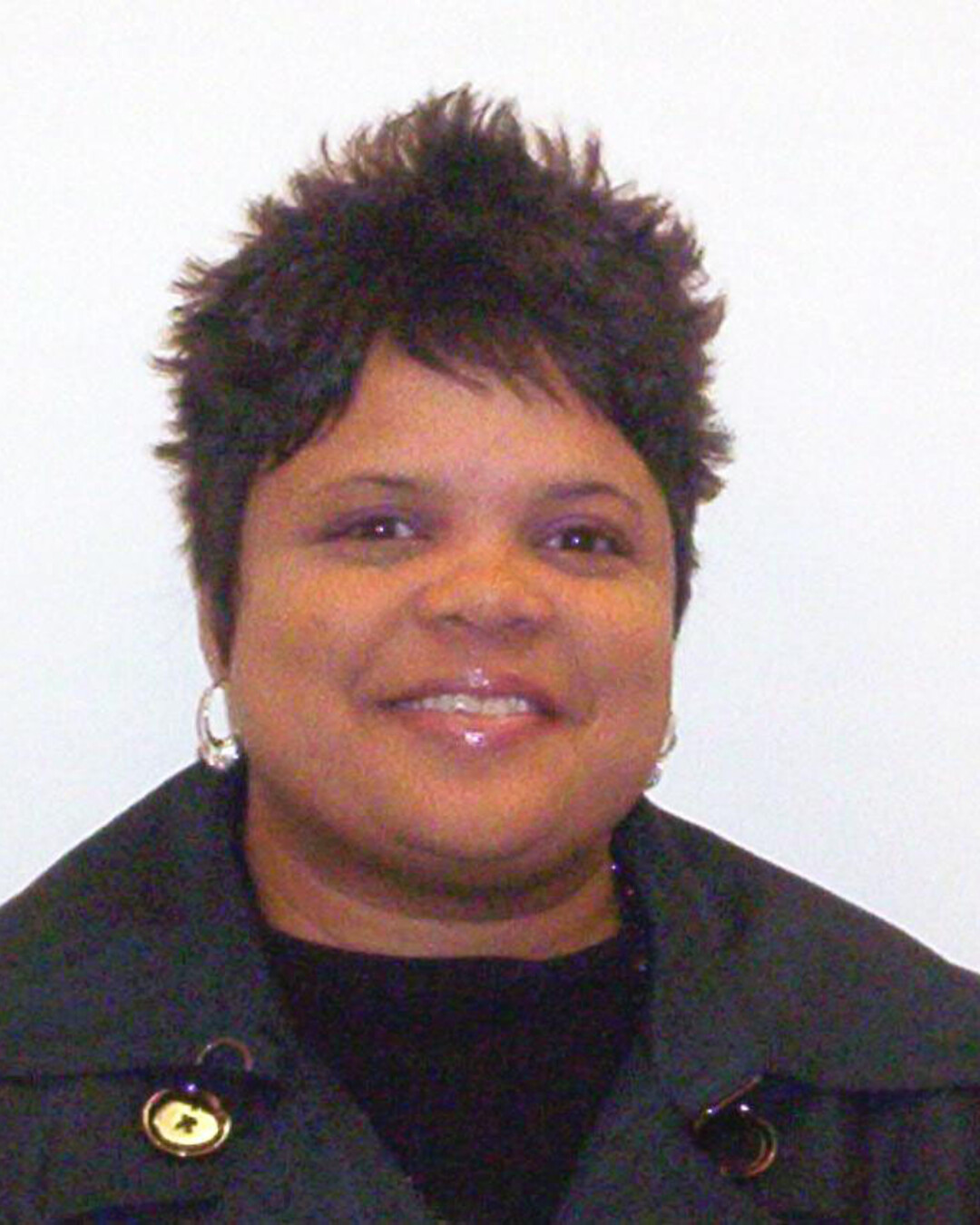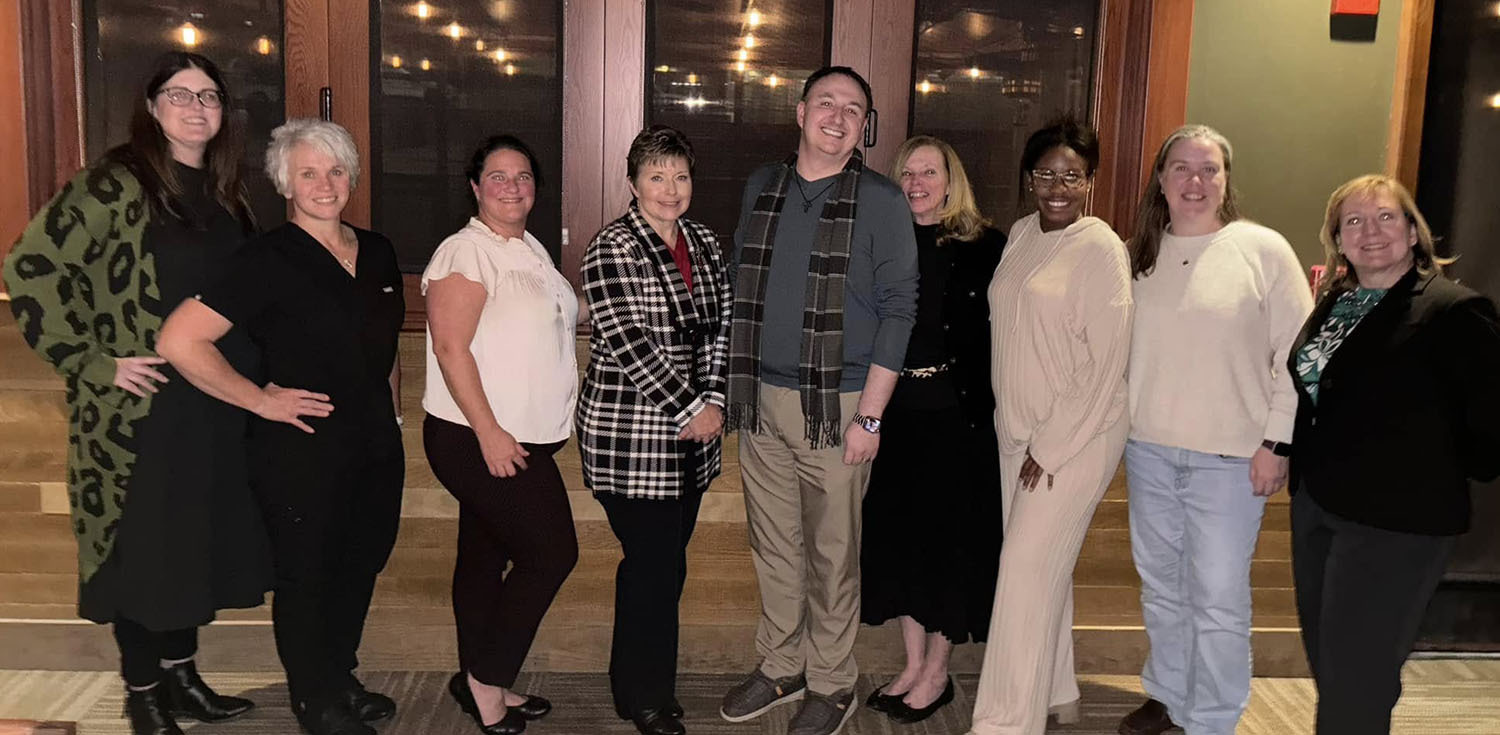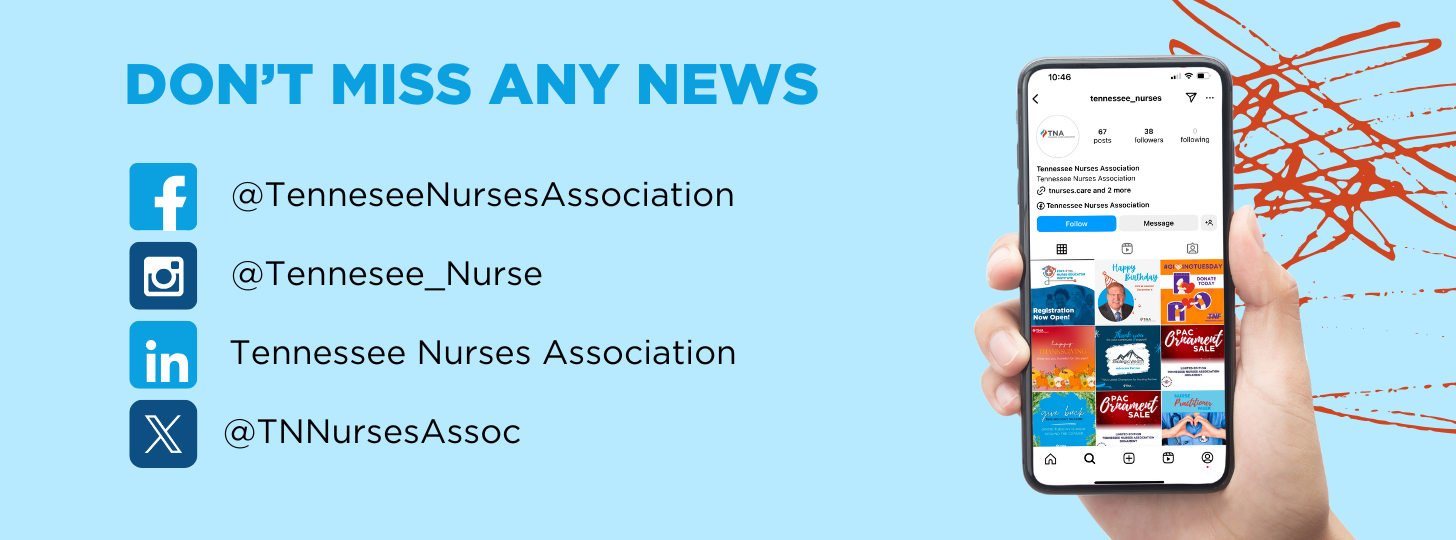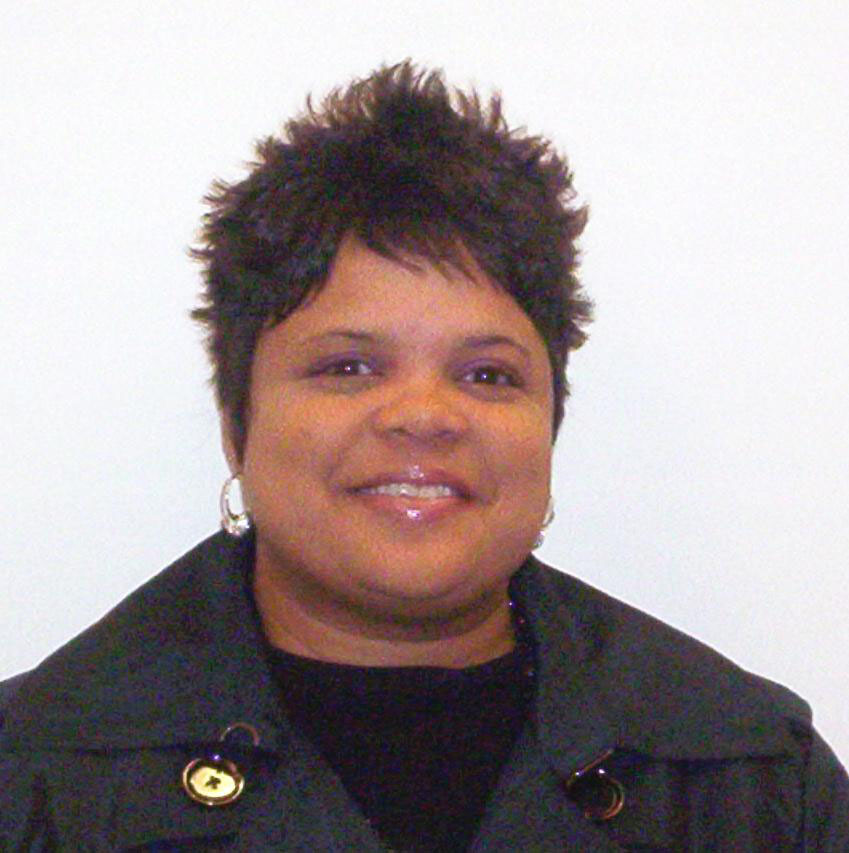
“Case management is a professional and collaborative process that assesses, plans, implements, coordinates, monitors, and evaluates the options and services required to meet an individual’s health needs. It uses communication and available resources to promote health, quality, and cost-effective outcomes in support of the ‘Triple Aim,’ of improving the experience of care, improving the health of populations, and reducing per capita costs of health care.” (CCMC, 2015, p. 4). By learning more about case management, you can decide if becoming a nurse case manager is right for you.
The four main types of case management roles
Nurse case managers:
- Work in hospitals
- Work in long-term care facilities
- Have a background as a registered nurse
- Review their clients’ files, medical histories, and their documents to properly evaluate a course of treatment
- Establish their patients’ care plans from admission to discharge.
- Oversee treatment plans of their patients
- Organize a client’s discharge process from a healthcare facility to make sure they transition back to their home life with ease.
Disability Case Managers:
- Works for social services or healthcare facilities
- Provides assistance to disabled clients to help them navigate their treatment options
- Help disabled clients navigate insurance options
- Meet with clients in their homes or healthcare facilities to discuss client needs and concerns
- Help the disabled client transition back to home and work
- Help their clients oversee renovations to their home or workspace to make it more accessible
Rehabilitation Case Managers:
- Work for rehabilitation clinics or social service agencies
- Help individuals find resources their clients need to overcome addictions, injuries, or illnesses
- Monitor the way healthcare professionals or social service personnel carry out treatment plans for their clients
- Ensure their clients receive the best of care
- Network with local healthcare, social, or community organizations to connect their clients with additional resources like support groups and counseling services
Education Case Managers:
- Advocate for students with autism, Down Syndrome, dyslexia, and other learning disabilities
- Ensure that their students have the proper resources
- Speaking with their client's family members and social service personnel to advocate for their clients
- Establish individualized education programs (IEP) to help students succeed in school
- Following up with clients and family to ensure the clients are receiving the care they need
Case Study
The NCM (nurse case manager) received a workers’ compensation case involving an over-the-road truck driver who sustained a work-related injury to his left elbow. The IW (injured worker) reported that he missed a step while climbing into his truck and landed on his left elbow. He was treated by the urgent care provider for a month and diagnosed with a torn biceps tendon. After the swelling in his left elbow did not improve within one month, the urgent care provider referred the IW to an orthopedic elbow specialist. With the approval from the employer, the insurance carrier assigned an NCM to the IW’s file. The insurance carrier requested that the assigned NCM schedule and attend a referral appointment for the IW to be further evaluated by an orthopedic specialist.
The NCM contacted the IW, introduced herself, and explained her role as the NCM assigned to his file. She explained that she was an advocate for the IW. Her job was to coordinate his medical care and get him seen in a timely fashion. As his NCM, she would be scheduling and attending his initial evaluation and all follow-up appointments thereafter. She would be in attendance at each appointment but would only be in the exam room if the IW granted permission. She would provide a medical update to the employer and insurance carrier after each appointment was completed. The IW embraced the NCM’s role and granted permission for her to be present in the exam room when the IW sees the physician. The IW verbalized 100% comprehension of the instructions given.
Because the NCM was familiar with the orthopedic surgeon that the IW chose from the physician panel, the NCM was able to expedite the appointment and get the IW seen the next day after receiving the referral. The NCM met the IW at the initial appointment and completed the face-to-face interview. While assisting the IW with completing the necessary paperwork, the NCM obtained a previous medical history and discovered the IW had a possible misdiagnosed blood disorder.
Nurse Case Management Impact
On the day of the appointment, the IW requested help with filling out the paperwork given to him by the receptionist. While assisting him with completing the new patient paperwork, the NCM reviewed the IW's past medical history. She noticed that he checked that he did not have any history of bleeding disorders. Yet, under previous surgeries, he indicated that his spleen had been removed 20 years ago while he was in the Army. When the NCM asked him why his spleen had been removed, he stated, “The doctors thought it would help me not to be a free bleeder when I have to have dental work.’’
She then asked him if the removal of his spleen helped cure his problem. He replied, “No, and I always have to have a transfusion whenever I have dental work. Everybody in my family got it. All twelve of my sisters and brothers have the same problem.” Next, the NCM asked him if he had ever been diagnosed with thrombocytopenia. He said, “Yes, I think that is what they called it.”
The NCM found it odd that the IW reported that every last one of his twelve siblings had the same problem. Being a seasoned nurse and using her critical thinking skills, the NCM began to connect the dots. The fact that all of the IW’s siblings had the same disorder meant that the disorder was genetic in nature. When the treating orthopedic surgeon came into the exam room, he began asking the IW about the nature of the work-related injury and his past medical history.
After the physician finished taking a thorough medical history and examining the patient, being an advocate for the IW, the NCM spoke up and shared the information with the doctor regarding the IW’s history of being a free bleeder and requiring blood transfusions before having dental work or any type surgical procedures. The treating physician, who trusted the NCM, agreed to order a CBC with diff prior to surgery to see if the IW had been misdiagnosed several years ago. The MD agreed to order a pre-op lab.
After the appointment was complete, the NCM notified the adjuster on the account, provided a medical update, and obtained authorization for the pre-op lab. Lab work was drawn that day, and it was soon determined that the IW had a critically low platelet count of 17,000 (normal 150,000-450,000). In order to get him cleared for surgery, the NCM asked the treating physician to refer the IW to a Hematologist/Oncologist. The NCM obtained authorization from the adjuster. The NCM went a step further and helped the treating physician and the insurance adjuster by researching and finding a local Hematologist/Oncologist who could see the IW the next day.
The NCM scheduled and attended the appointment with the IW to see the Hematologist/Oncologist. After obtaining a thorough medical history, the specialist took a sample of the IW’s blood and looked at it under the microscope. The doctor came back to the exam room and exclaimed that he could not believe his eyes. He diagnosed the IW with Bernard Souliers Syndrome. The MD stated that this disease was so rare that there were only 200 reported cases in the U.S. The MD advised that the platelets were extremely large, and he was willing to bet the IW’s platelet count was probably less than 17,000. He ordered more special testing, which revealed the IW actually had a platelet count of 14,000.
The MD was able to confirm a diagnosis of Bernard-Soulier Syndrome. Per the MD, this syndrome is a rare inherited disease and is transmitted in an autosomal recessive pattern. This means that both parents must carry a gene for the Bernard-Soulier syndrome and transmit that gene to the child for the child to have the disease. The prevalence is believed to be less than one in 1 million individuals. It is a bleeding disorder associated with abnormal platelets, which are blood cell fragments involved in blood clotting. In affected individuals, platelets are unusually large and fewer in number than usual (a combination known as macrothrombocytopenia). It was recommended by the Hematologist/Oncologist that one week before surgery, the IW was to receive specific type platelets daily until his platelet count was 54,000.
The Outcome
The IW received platelets for a week until his platelet count was 54,000. He was then scheduled for surgery. The IW’s surgery was successful. Both treating physicians indicated it was unlikely the IW would have survived the surgery if it had not been for the NCM’s efforts to obtain an appropriate diagnosis. Four months postoperatively, the IW, who was the main breadwinner for his family, was able to return to his original job with the same employer as a truck driver.
He was elated and very grateful. The adjuster, physicians, and employer recognized the NCM for her outstanding handling of the case and her dedication to the IW’s well-being. Because of the NCM’s quick actions, diligence, and patient advocacy, the IW was able to receive the appropriate treatment and had a successful surgery scheduled within a week. The cost savings for the file was $33,000, and the IW was able to return to work within 60 days. Needless to say, it was a win-win situation for all parties involved.
Why get certified?
The CCM® is the largest, oldest, and most highly valued credential for case managers. Long recognized by accreditation organizations as a proxy for workforce readiness, its value has expanded as health care evolves to a more patient-centric, coordinated model of care. Simply put, healthcare organizations need well-trained, knowledgeable case managers, and the CCM is the standard for the industry, and salaries for CCMs continue to rise.
The majority of CCMs earn more than $80,000 annually, and salaries have trended upward for 5+ years. That compares favorably with median salaries for nurses and social workers—the fields in which most case managers are trained. A majority earned salary increases in the past 12 months, too, indicating a strong upward salary trajectory. More than half of CCMs who are executives earn more than $100,000 annually, as do more than a third of CCMs in management roles.
Benefits of CCM certification extend beyond salary alone:
88% of CCMs say certification has had a positive impact on their career
94% have recommended the CCM to other case managers
CCMs seek certification to:
- Improve employment options
- Advance professional standing
- Enhance personal growth
The CCM is prized as the mark of case manager excellence across all healthcare and health management settings. The CCM is the Exclusive healthcare case
manager credential endorsed by the National Association of Social Workers and the Case Management Society of America;
Employers recognize the value of CCM certification and financially support ongoing professional development, 58% pay for case managers to take the CCM exam, 44% require the credential, and 43% pay for CCM renewal. CCMs who supervise other case managers recognize the value of the credential when hiring—and so do their employers.
If you want to become a case manager, you'll need to understand the education, licensure, and certification requirements in your state and for the particular organization where you hope to work (i.e., an insurance company, a hospital, a home healthcare company, etc.). In most cases, you'll need a background in a field such as nursing or social work, but the specifics will vary depending on the job you're seeking.
Those underlying professions have their own licensing requirements, overseen by state medical boards and regulatory departments. Since medical licensing is done on a state-by-state basis, this can get complicated if the organization employing the case manager has clients in multiple states.
For example, nurse case managers must maintain their nursing license in any state where they are providing services. Depending on the scope of the organization that employs the nurse case manager, this may involve obtaining multiple state licenses or participating in a multi-state compact in which states recognize the nursing licenses provided by other states.1 In addition to the underlying education and professional licensure, most states and employers will require certification in case management. For example, you may need to get a CCM (Certified Case Manager) certification from the Commission for Case Manager Certification or an ACM (Accredited Case Manager) certification from the American Case Management Association. You'll want to clearly understand the education, experience, licensure, and certification requirements for the job you're seeking, as they will differ from one state to another and from one job to another.








